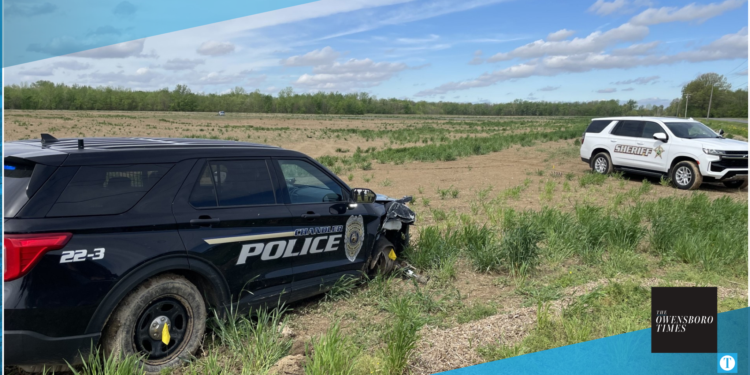City Commissioners joined Mayor Tom Watson Tuesday in agreeing to support the Owensboro Police Department — whether through financial-related ordinances or City-approved policies — to help the agency recruit and retain employees. Officials said OPD had been struggling to compete against larger, higher-paying law enforcement agencies for some time.
In partnership with federal and local agencies, OPD — and notably its Special Crimes Unit — played an important role in investigating and ultimately charging five local individuals that were part of a large-scale drug trafficking organization. The Regional Drug Task Force Investigation resulted in federal charges being placed against an organization that planned on bringing millions of dollars worth of meth and suspected fentanyl into the City.
Despite its achievements, the department had been struggling behind the scenes, according to OPD Chief Art Ealum.
“Everyone has to pitch in and pick up the slack,” Ealum said. “ …. I’m expected to perform miracles in recruiting people and bringing them here when other larger agencies that pay more are in the same boat.”
Ealum commended his officers for stepping up to the plate, but said OPD — with a payroll that’s currently short by eight full-time officers — was facing a years-long struggle to maintain a full staff. Ealum attributed that to low pay, OPD’s high expectations for recruiting and hiring, and a variety of other difficulties faced by those in the law enforcement profession.
Watson spoke highly of Ealum and his staff, with the mayor saying he was determined to do whatever necessary to ensure OPD had the tools and revenue it needed to succeed.
“They’re competing with other communities to recruit and retain, so I think we need to do everything we can in our budget next year to try and get the police department all the tools they need to protect our community,” Watson said. “I think that’s our number one area all elected officials should be focused on — protecting our public safety.”
Commissioners Larry Maglinger, Jeff Sanford, Bob Glenn and Mark Castlen each made their own statements in agreement, with Maglinger saying he agreed “100 percent” with Watson.
“I’m all in for whatever we need to do to help you out, and your police force,” he told Ealum.
Though no official plans were discussed during Tuesday’s meeting, Watson said he was continuing to push to make Owensboro a High Intensity Drug Trafficking Area (HIDTA), which would free up more federal dollars that could help support a number of programs and agencies, including law enforcement.



